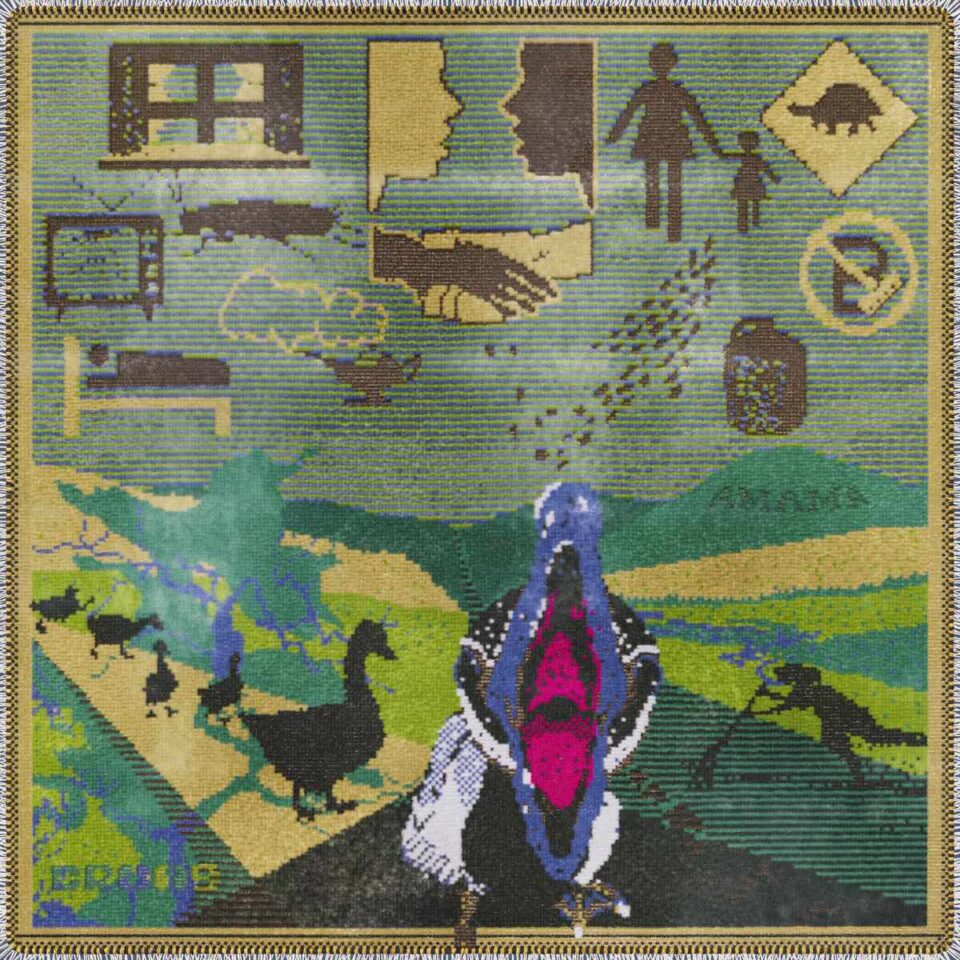The Who
Who’s Next/Life House (Super Deluxe Edition)
GEFFEN/UME
The Who’s Pete Townshend never met a concept he didn’t like enough to drag into multiple projects throughout his lifetime. Take Tommy—the album, the tour, the stage production with guests, the Hollywood film, and the Broadway musical. Then there’s 1971’s Life House, a story that Townshend pushed his band to consider staging countless times (revisited again for the broad concept of their 2006 reunion album Endless Wire) while later basing a solo album on it (’93’s Psychoderelict) and self-releasing a demo-heavy box set in 2000 featuring his BBC Radio Life House program he recorded in 1998 as well as several solo live shows focused on this fixation.
Obsession, perhaps. Then again, grids, gods, disillusionment, dystopias, the unification of all within the power of one living musical note—these subjects and so much more within the universe of Meher Baba have been at the center of Townshend’s lyrics since he grew up within (and out of) smug Mod romanticism. With that, Townshend’s forever-misunderstood concept for The Who’s post-Tommy multimedia project Life House and its initial single-album distillation Who’s Next is now being released in the most Who-driven realization of his experiment in poetic rawk-out compulsion: a 10-disc Super Deluxe Edition. Yes, this means the new-usual of Atmos and 5.1 surround mixes with bonus tracks reconsidered by Steven Wilson. However, the goal of this new edition is to present Townshend’s excessive, deity-driven production at its fullest.
And while I’m tempted to add “warts-and-all” to that description, it’s necessary to note that the box set gets more flawless with every track—from the crisply remastered Live at the Civic Auditorium, San Francisco – December 12, 1971 show tapes through to the dissection of every version of rock’s wooly mammoth, “Baba O’Riley,” the latter of which commences with the piano-driven balladry of “Teenage Wasteland” before morphing into a rough-edged, synth-driven version still miles away from the recording audiences have come to love. Besides, if you want a greater explanation of all of its moving parts, read the 100-page book that comes with this set, and peruse the era-appropriate envelope filled with memorabilia for a better sense of where The Who were in 1971.
From Townshend’s vividly alive, homey bedroom recordings of “Greyhound Girl,” “Too Much,” “Water,” “Naked Eye,” and “Let’s See Action,” to the lost and luscious Electric Ladyland sessions and early takes committing one of pop’s most truthful moments (“Pure and Easy”) to tape, through to the varied skeletal-to-complex takes on “Going Mobile,” “Song Is Over” (especially its pixie-like instrumental version with Nicky Hopkins’ piano), and the ode to disillusionment “Won’t Get Fooled Again,” there’s magic in Townshend and The Who’s schematic. Even the box set tracks used from another abandoned album, Rock Is Dead—the revolution call of “Join Together” and the brawling “Put the Money Down,” an aborted 1970-ready EP featuring “Now I’m a Farmer”—were designed to suit one goal: Townshend’s road to enlightened empowerment.









